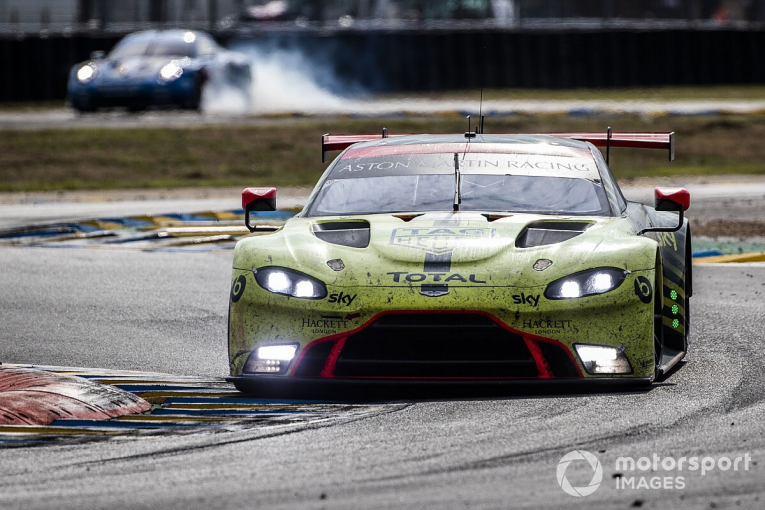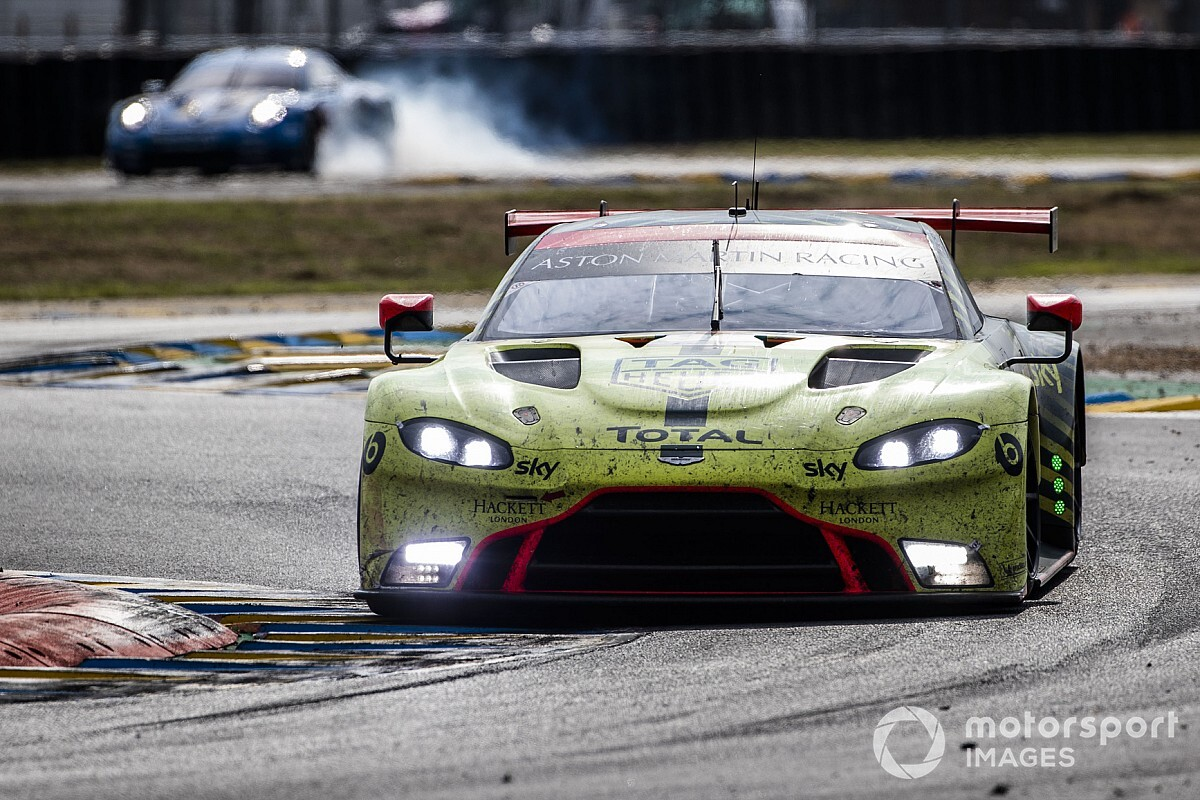

By Alex Hernandez-Zavala
Race cars using petrol are nearing the finish line.
It’s no surprise that race cars contribute to global warming. In just one weekend, NASCAR cars, consisting of 43 cars on the grid, contribute 120 thousand pounds of carbon dioxide to the atmosphere ––in comparison, the average person contributes 45 thousand pounds of CO2 in a year, according to Connormarch.
Electric race cars may very well replace petrol race cars on the grid. This is good for the environment, as leagues like Extreme E are setting precedents for every other racing league out there and the future electric car consumers; as they get to be at the forefront of new innovations and developments.
Recently, The Seattle Times reported the Commodity of Futures Trading Commission announced, “…establishing a unit to focus on the role of complex financial derivatives in understanding and pricing climate-related hazards.” The U.S. obviously plays a major role in urging companies to combat climate change.
But how does this relate to racing? The automotive industry and racing are linked hand in hand. Ever heard of the phrase, “sell on Monday, sell on Sunday”? This phrase that originated in the 1960s still holds true today. The track’s performance is a clear indicator of how a car sells, along with other obvious factors, such as the status of the economy and gas prices.
Motorsports are at the forefront of innovation, with engineers constantly trying to tune their race cars to squeeze every inch of performance and achieve the highest efficiency levels. Unsurprisingly, some of these innovations are adapted by many commercial cars.
A Thrillist article outlines things we take for granted like dual-clutch transmissions (good for fuel efficiency), fuel injection (reliable and fuel-efficient) and an all-wheel-drive; all of these innovations continue to emerge from motorsports.
Obviously, electric cars share the same trickling effect in electric motorsport. However, electric motorsports and electric cars are still relatively new. Though electric cars have technically been around since 1832, only recently has there been a market for electric vehicles. It’ll probably take some time for electric vehicles to get a strong foothold in the American market.
Electric motorsports is still a niche sport but is undoubtedly growing. The only major electric motorsport league is Formula-E ( like the Formula-1 league but with electric cars), Still, many more leagues are emerging, paving the way for further development and innovation.
Electric motorsports may have cut down on CO2 emissions, but Extreme E is taking it to another level. Extreme E is an off-road electric vehicle racing league that aims to provide the thrill and action of a regular rally league, but without the CO2-emission cost outlined by Cars magazine.
To do this, other than using electric cars, Extreme E is only using shipping for its logistics; this means that traveling from location to location will be done exclusively via shipping. This seemingly simple change claims to reduce emissions by two-thirds.
Though using shipping as the exclusive transportation method is slower than using air freights, the environmental effect is all the more worth it. While it’s exciting to see races every weekend, Extreme E is setting a precedent for the proper handling of logistics.
Not only that, but Extreme E is setting a precedent for a new generation of motorsport. Its debut rally car, the Odyssey 21, will hopefully inspire big-name automakers to partake in this new league. As Jamie Chadwick outlined in Cars Magazine, “…and the way that power is delivered is very different. The main thing is setting it up; we can change a lot within the car.”
Hopefully, with the customizability of the Odyssey 21, engineers from big-time car manufacturers will take notice and participate in the league and produce cars with new creative innovations and performance enhancements that will outperform the Odyssey 21. Naturally, this will be good for the electric cars’ longevity of electric cars as said innovations and performance enhancements will trickle down to the manufacturers’ respective electric car models.
It’s sad to admit, but in the future, petrol cars will be phased out. As electric cars and racing now have their own niche hitherto, so will petrol cars in the future.

Alex Hernandez-Zavala is a first-year student at UC Davis, double majoring in Psychology and Sociology. He was born in the Central Valley and raised in Salinas, California.
Support our work – to become a sustaining at $5 – $10- $25 per month hit the link:
